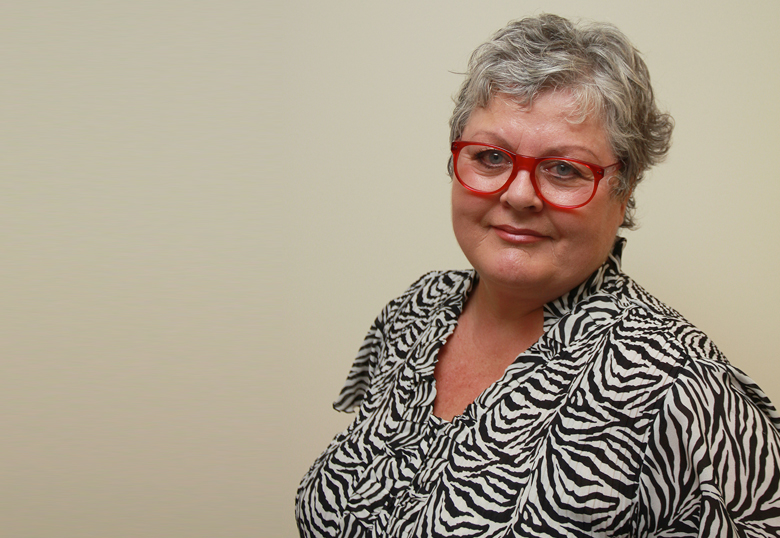Dr. Claudia Malacrida (Sociology) has received $318,278 over five years to study the topic of disability, sexuality and parenting in Alberta.

Between 1928 and 1972, approximately 2,800 people – most of them institutionalized women – were involuntarily sterilized under the mistaken belief that problems like poverty and disability could be prevented through selective breeding.
While eugenics is no longer acceptable, informal practices that limit disabled people’s access to sexuality, reproduction and family life persist. These practices include segregated living in group homes, inadequate supports for disabled parents at home and in the courts, and negative public attitudes concerning disability and sexuality.
Malacrida is planning to interview women affected by enforced eugenic sterilization in the past, and women who are affected in the present by what she terms ‘newgenics’, or the cultural and medical processes employed to dissuade disabled people from having children.
Because they often play a role in disabled women’s sexual and family issues, she is also interested in speaking with parents and disability workers.
